The Eco-friendly toothbrush is no longer a novelty — in fact, in the Seattle eco market it’s fast becoming a procurement and retail priority. Consequently, manufacturers and B2B partners who design, certify and position an electric or hybrid eco-friendly toothbrush correctly can unlock new sales channels with sustainable retailers, hospitality accounts and municipal contracts across the Pacific Northwest.
First, Seattle’s buyers (both trade and consumers) expect measurable sustainability. Therefore, mere “green” language won’t pass muster; instead, buyers want traceability, verified materials, and circular solutions. Moreover, local retailers and corporate buyers often prioritize products that:
Thus, an eco-minded electric toothbrush that pairs a rechargeable power core with replaceable, low-waste brush heads aligns especially well with Seattle eco market preferences. Notably, because the city emphasizes circular economy pilots and sustainable procurement, B2B clients (e.g., hotels, clinics, dental chains) will pay a premium for demonstrable reductions in landfill waste and toxin-free materials.
To be compelling in Seattle, your electric toothbrush should combine functionality with low environmental impact. Specifically:
Furthermore, ensure the product is easy to disassemble (for recycling) and that replacement parts are available individually rather than forcing full-unit replacements.
Seattle buyers expect evidence. Therefore, pursue practical certifications and documentation such as material safety datasheets, RoHS/REACH compliance (as relevant), and proof of BPA-free materials. In addition, publish a simple lifecycle statement showing expected product life, carbon-intensity (if available), and end-of-life options.
Avoid greenwashing: instead, be transparent about trade-offs (e.g., bio-resins may affect durability) and back claims with test reports or third-party audits.
Because Seattle eco market buyers value local and low-impact logistics, consider:
Moreover, offering co-packing or kitting services (e.g., toothbrush + recyclable travel case) helps retail partners present a complete eco package.
To win in Seattle, adapt your go-to-market strategy:
In short, an Eco-friendly toothbrush designed with modularity, verified materials and a clear end-of-life plan fits naturally into the Seattle eco market — and more importantly, it builds durable B2B relationships. By aligning product design, certifications, supply-chain choices and go-to-market messaging, manufacturers can transform sustainability from compliance checkbox into a competitive differentiator.
If you’d like, I can draft a one-page Seattle retailer RFP template or a technical checklist for eco materials and recyclability that you can send to potential suppliers and distributors. Contact us
.jpg)
.jpg)
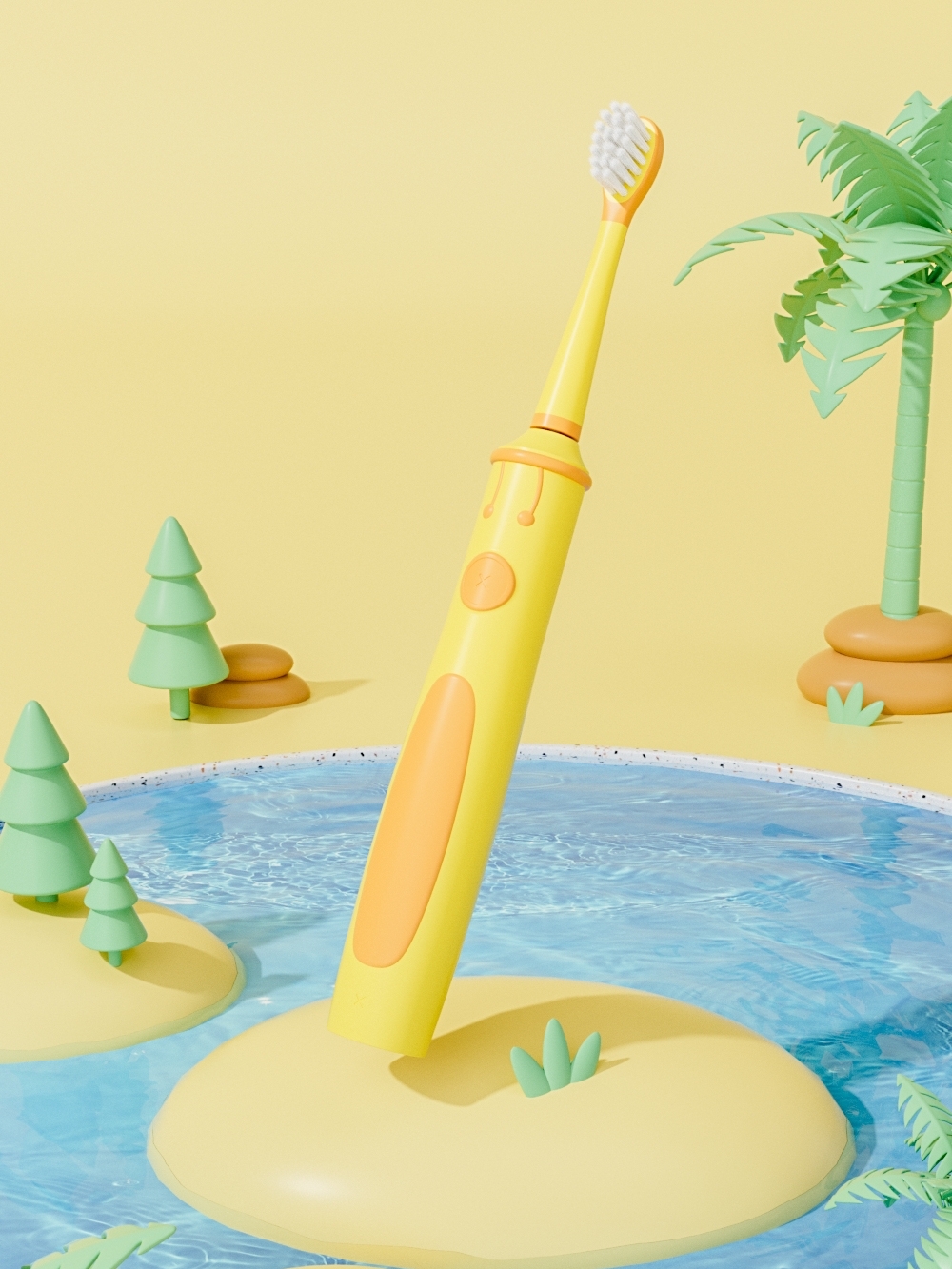
Children’s Electric Toothbrush OEM: Safe and Fun Designs
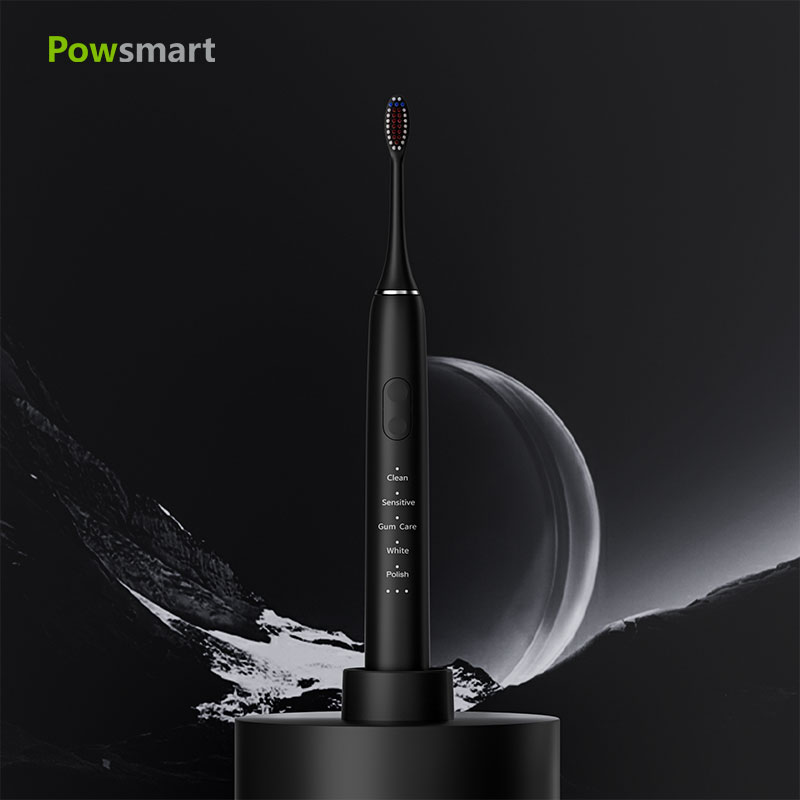
Waterproof Technology for Electric Toothbrushes
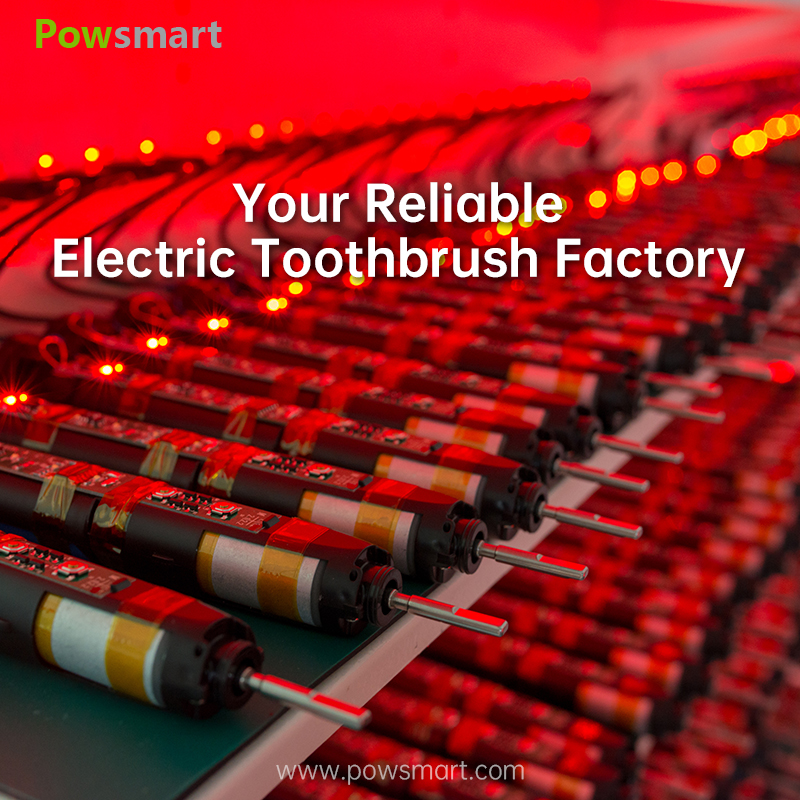
Building a Zero-Waste Oral Care Line: Sourcing Eco-Conscious OEM Products
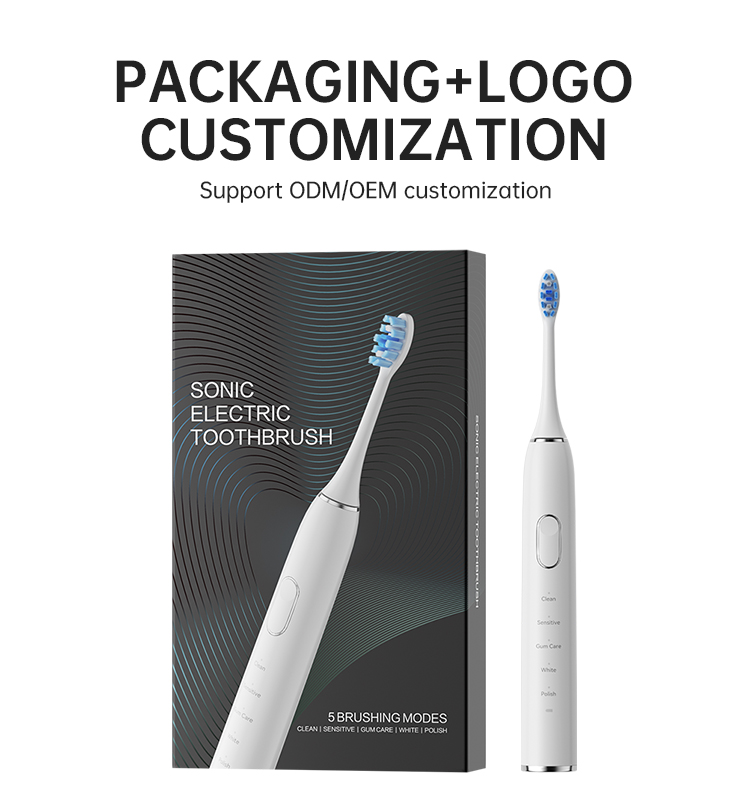
Does Your Sonic Vibration Core Require a Specialized PCB Assembly Service for Reliable Performance?
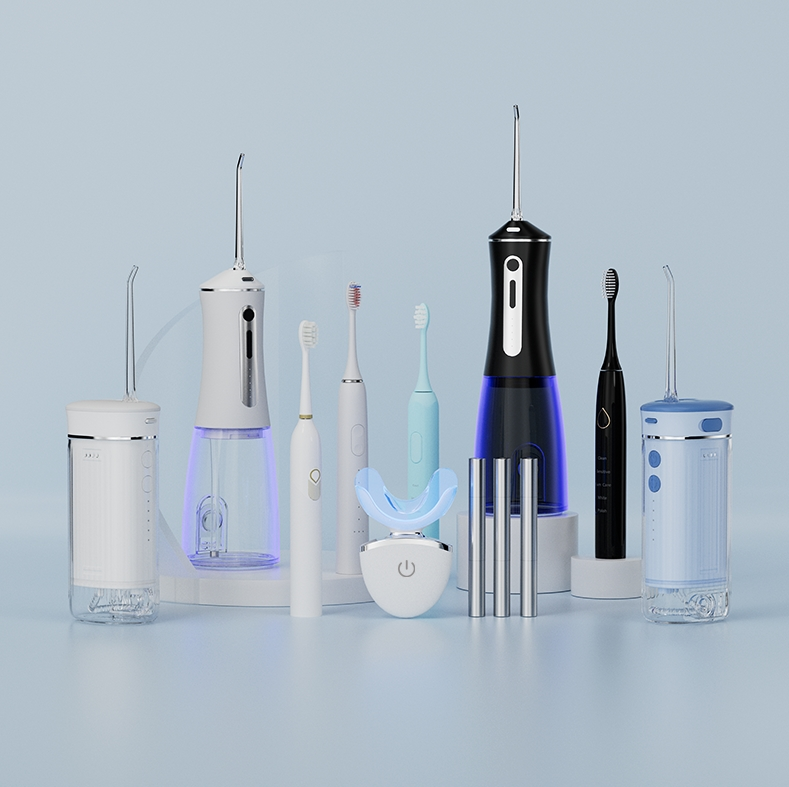
Guide for Oral Care Brands Seeking San Diego Water Flosser & Toothbrush Combo Custom Kits Suppliers
.jpg)
Water Dispersion plus Jet Scattering – Fixable?

IPX7 Waterproof Electric Toothbrush Manufacturing for Kids & Adults

The Growing Potential of the Oral Care Business: Trends, Opportunities & Market Insights
.jpg)
Tooth Demineralization Alongside Enamel Microfractures – Silent Crisis?
.jpg)
How Does a Water Flosser Pressure Sensor Enhance Oral Irrigator OEM Services for Sensitive Users?
.jpg)
Cordless Water Flosser Wholesale for Global Oral Care Distributors
.jpg)
Biofilm Regrowth Inducing pH Imbalance – Vicious Cycle?
.jpg)
Rechargeable Sonic Toothbrush for Dental Clinics
.jpg)
Water Flosser for Braces Supplier for Orthodontic Care Markets
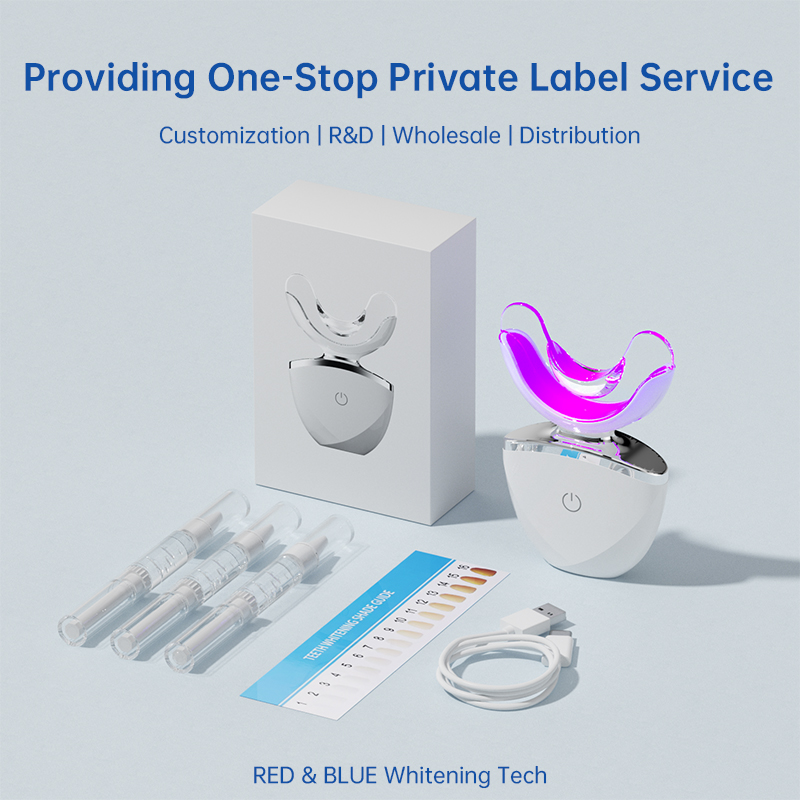
Professional vs. Home Use: Key Technical Differences in Teeth Whitening Blue Lights
.jpg)
Where to Find the Best Electric Toothbrush for Travel in Alaska?